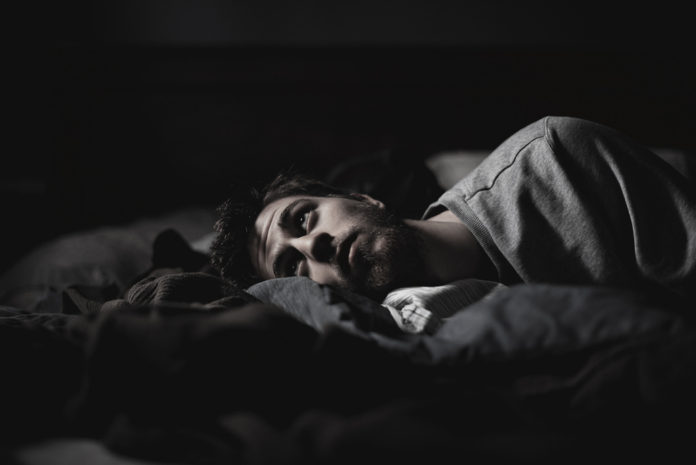Everyone knows that the easiest way to get babies to sleep is by rocking them, but few consider how that behavior might carry over later into life. Surprisingly, there doesn’t seem to be much change.
Science News reports on a new study published in Current Biology, in which a group of researchers studied the effects rocking has on adult human sleep behavior. What they found was that, similar to babies, adults who were rocked to sleep fell asleep quicker and had a deeper, more restful night of sleep.
To test this theory, scientists built a custom rocking bed that swayed back and forth 10.5 centimeters every four seconds. 18 volunteers were placed in the bed and allowed to sleep the night, their brain activity monitored through an electroencephalogram. The results of the rocking bed sleep and a normal bed were compared after the fact, with the data revealing there was a significant different in the type and quality of sleep for the subjects.
On average, participants fell asleep and entered light sleep almost 7 minutes quicker in the rocking bed. They were also found to enter deep sleep levels quicker and stay there longer, with greater amount of brain activity occurring during these periods. Additionally, a simple memory exercise involving remembering words told to them prior to sleep after they woke up indicated that those in the rocking beds had better memory functions compared to those in the traditional beds.
These results are also corroborated with similar studies done on mice, who were found to sleep better when they are moved about gently. Based on this, the scientists believe this may have something to do with the vestibular system which detects motion in the body, theorizing that rhythmic motion during sleep leads to better brain function.
While it’s unlikely rocking beds will take off any time soon, it does make for some interesting data. This is especially helpful for those with sleep issues like insomnia, acting as a natural alternative to things like sleeping pills, as University of Geneva neuroscientist Laurence Bayer suggested while examining the results.
If nothing else, we can finally explain why the elderly seem to like rocking chairs so much.



